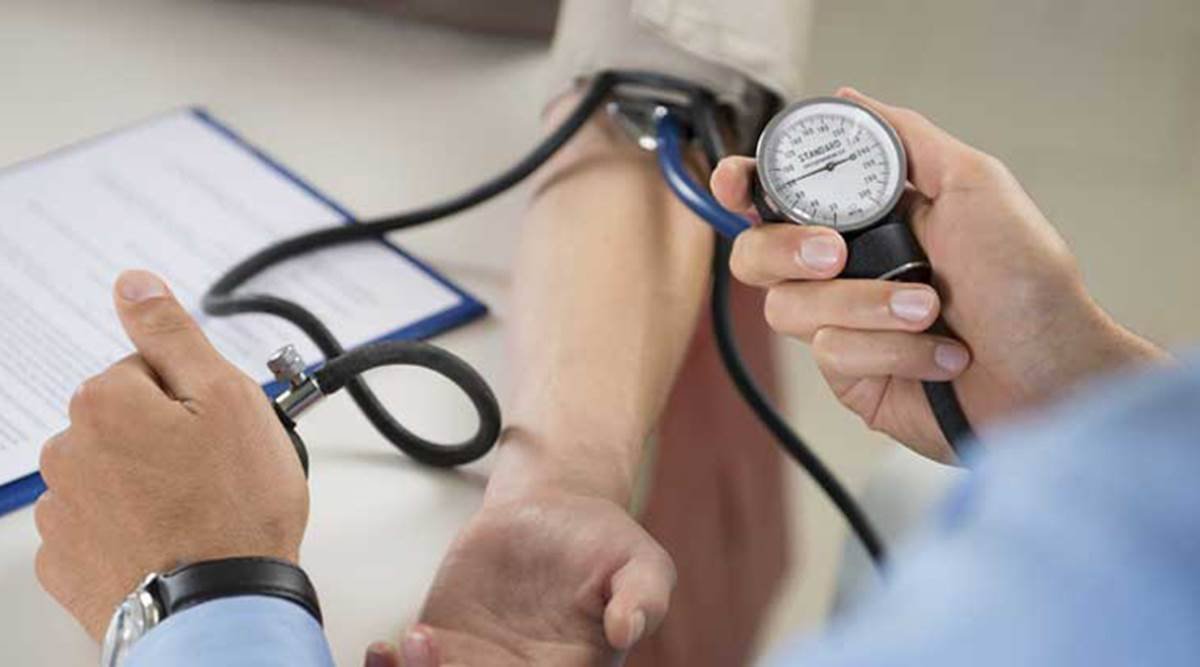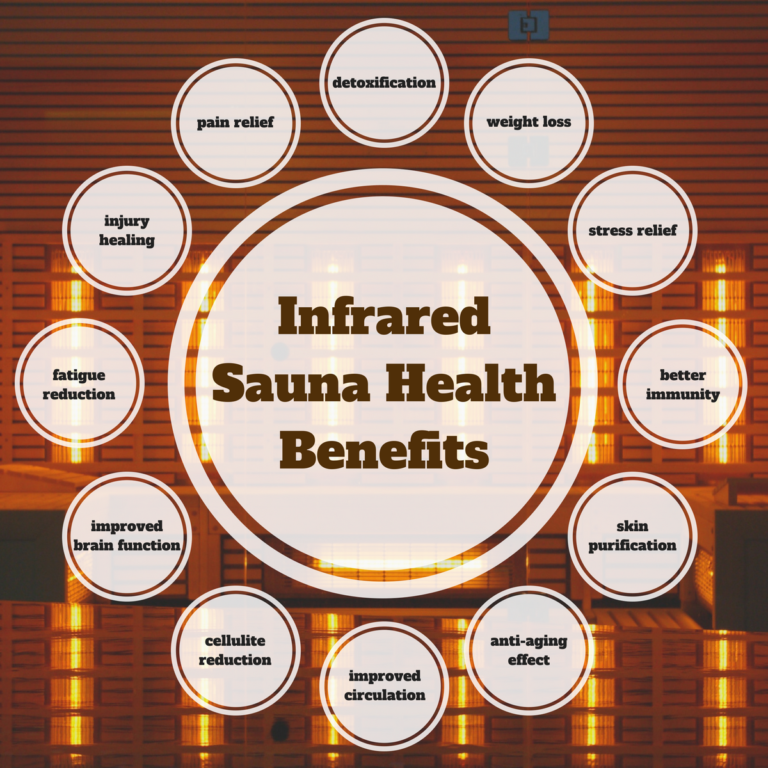Hypertension, commonly known as high blood pressure, is a temporary (short-term) or long-term increase in blood pressure in the arteries. Hypertension can cause cardiovascular damage, so it’s important to take it seriously.
Blood pressure is measured in two ways: systolic and diastolic. The systolic measurement represents the maximum pressure in the arteries, while the diastolic value represents the lowest pressure.
Blood pressure that is below 120/80 is considered normal, whereas blood pressure that is above 140/90 is considered hypertension. Prehypertension is a condition that occurs when blood pressure is between 120/80 and 139/89. Prehypertension should be taken equally seriously as it considerably increases the risk of developing hypertension.
Effective Ways to Manage Hypertension
If you’ve been diagnosed with high blood pressure, you might be concerned about taking medication to lower it. In order to overcome high blood pressure, you must make a number of lifestyle changes. While most cases of severe hypertension need to be tackled with medication, you can successfully regulate your blood pressure by adopting a healthy lifestyle in the initial stages. Even if you take medication, a healthy lifestyle can help you prevent the condition from worsening.
Here are some lifestyle adjustments you should make to lower and maintain your blood pressure.
Watch your sodium intake
It’s critical to reduce your sodium consumption since salt raises blood pressure by forcing the body to retain excess fluid. This puts additional strain on your heart and increases blood vessel pressure. For most adults, the recommended limit is no more than 1,500 mg per day. However, because 1 teaspoon of salt contains 2,300 mg of sodium, it’s easy to overdo it on sodium. India consumes roughly 11 g of salt per day, well surpassing the WHO’s recommended daily limit of 5 g.
Increase potassium
Potassium-rich foods are beneficial in the treatment of hypertension because potassium reduces the effects of sodium. If you consume more potassium, you end up losing more salt through the urine. Potassium also relieves stress on the walls of your blood vessels, lowering blood pressure even more. In people with blood pressure above 120/80 who are otherwise healthy, increasing potassium through diet is indicated. Patients with kidney illness, any condition that affects how the body manages potassium, or those who take specific medications may be at risk for potassium poisoning. Your doctor should be consulted before you decide to take too much potassium.
Hyperkalemia, which can be dangerous in people with kidney problems, can be caused by too much potassium. As your kidneys grow less capable of removing potassium from your blood, an excessive amount of potassium may accumulate. With high potassium levels, you may experience nausea, a low, weak, or irregular pulse, and fainting. As a result, you should eat potassium-rich meals and avoid using potassium supplements without consulting your doctor.
Stay physically active
Find something that you enjoy doing to stay in shape. For example, line dancing, swimming, yoga, walking, gymming, and riding a bike are all good ways to get active. Most of us end up making fitness a new year’s resolution and forget about it within a few months. Finding a workout partner can help you stick to your goal as it is a good way to hold yourself accountable. It’s also important to find other people you like doing the activity with because that helps you stick with it.
Other exercise options that don’t require a gym membership include bodyweight exercises, like pushups, squats, and jumping jacks. Home workouts can be just as good and effective as going to the gym or running. You can also use various apps if you like to keep track of your steps, calories burned, weight, or even water intake.
Maintain a healthy weight
Controlling your weight is one of the most essential things you can do to lower your blood pressure. As you gain weight, your blood pressure rises. Blood pressure can be lowered by even losing as little as 10 pounds. If you want to lose weight, you’ll need to keep track of what you eat and exercise regularly. Make it a habit to study nutrition labels and eat nutritious, home-cooked meals. This will assist you in determining the calories, carbohydrate, protein, cholesterol, salt, fat, and potassium content of your food. To lose weight, maintain a calorie deficit if your BMI is greater than 25. When combined with a well-balanced diet and regular exercise, a calorie deficit can help you lose weight in a healthy way. As a result, you’ll be able to lower your blood pressure.
Reduce stimulants
Nicotine and caffeine are stimulants that might worsen hypertension over time. Your blood pressure rises after you finish smoking a cigarette. Quitting smoking aids in the restoration of normal blood pressure. It can help you live a healthier life by lowering your risk of heart disease and improving your overall health. People who give up smoking may live longer than those who do not. Caffeine can also raise blood pressure by up to 10 mm Hg in people who don’t drink it often. Coffee drinkers, on the other hand, may have little or no influence on their blood pressure. Caffeine’s long-term effects on blood pressure are unknown, but it’s probable that blood pressure will rise slightly.
Heart-friendly Supplements
Certain supplements have been shown to be quite efficient in lowering blood pressure. Potassium is one of the most beneficial supplements because it aids in the reduction of sodium, as well as magnesium, vitamin D, CoQ10, L-Arginine, CBD oil, and B vitamins. Magnesium is an essential mineral for a variety of bodily activities, including blood pressure control. Coenzyme Q10 (CoQ10) is a vitamin-like molecule produced by the human body and found in a variety of foods. When taken as a supplement, CoQ10 may help lower blood pressure. CBD oil also helps to lower blood pressure by expanding (or dilating) blood vessels. High blood pressure is a common problem for people looking for a more natural way to manage their high blood pressure.
Reduce Stress
Chronic stress can induce hypertension by causing blood pressure to rise repeatedly, as well as stimulating the nervous system to produce too much cortisol, the stress hormone. If you react to stress by eating unhealthy foods, consuming alcohol, or smoking, it can raise your blood pressure. Take some time to consider what makes you stressed, such as your career, relationships, finances, or illness. Consider how you can eliminate or reduce stress once you know what’s generating it. You can at least manage your stressors in a healthy way if you can’t eliminate all of them. If you’ve been suffering from chronic stress and depression, seeking help from family and friends can help you feel better. They may inspire you to look for yourself and aid in stress reduction. To overcome chronic stress and despair, you can also seek professional assistance.
Conclusion
While adding supplements such as potassium and CBD oil to your diet may be beneficial, you should first consult with your doctor to ensure that the supplement is necessary, safe, and effective. It’s critical to see your doctor on a regular basis if you want to keep your blood pressure under control. Home monitoring can assist you in keeping track of your blood pressure and can help you ensure that your lifestyle modifications are working.





